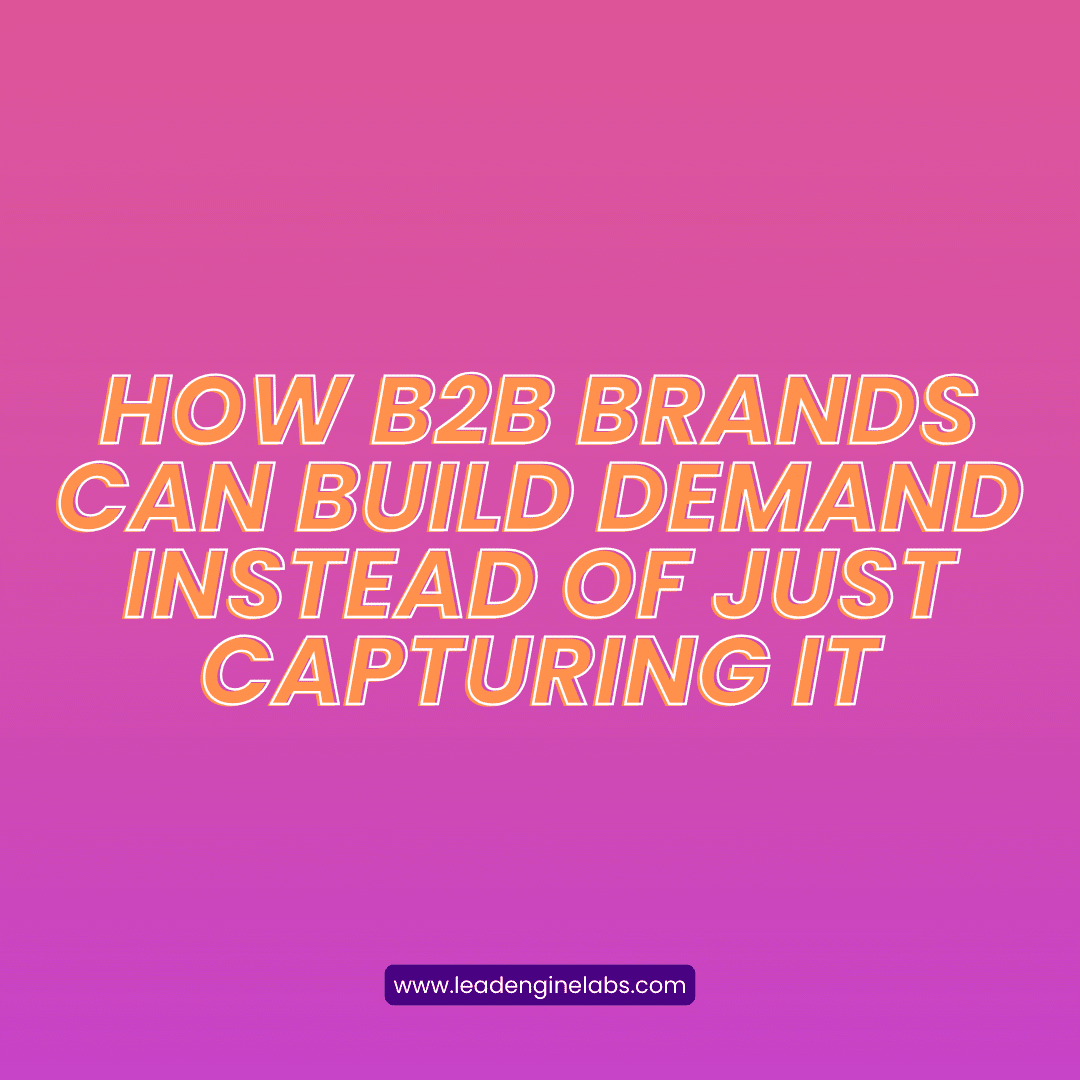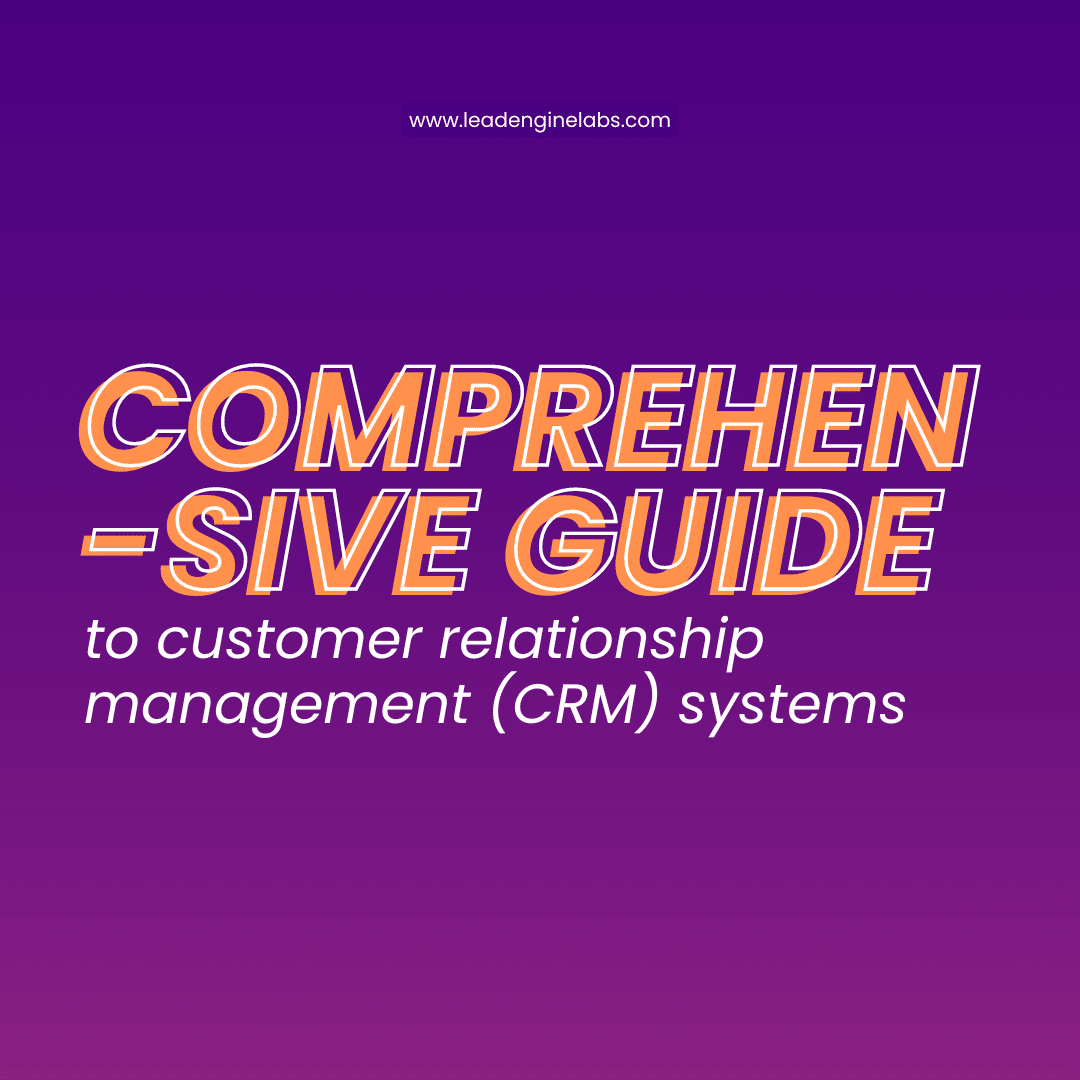Did you know that being liked can increase your chances of making a sale? In fact, research shows that people are more likely to buy from someone they like and trust. According to a study by the Dale Carnegie Institute, 85% of your financial success is determined by your personality and ability to communicate, negotiate, and lead. That’s why building positive bias is essential for winning sales.
But what exactly is positive bias and how can you leverage it to your advantage? Positive bias refers to the tendency for people to have a favorable opinion or preference for someone or something. This bias can be influenced by a variety of factors, including physical appearance, similarity in opinions and lifestyles, and compliments.
In this article, we’ll explore the power of positive bias in sales and show you how to use it to increase your revenue.
Key Takeaways To Develop Positive Bias
- Positive bias, influenced by factors such as physical appearance, similarity, and compliments, is essential in winning sales.
- Niche marketing and personalizing the sales approach can leverage similarity bias to effectively target specific audiences.
- Building trust and creating connections with customers through finding common ground can increase sales and customer loyalty.
- Understanding and utilizing the power of liking, influenced by factors such as familiarity, positive experiences, and ego bias, can lead to success in sales.
The Importance of Liking
You gotta admit, liking plays a major role in sales success. It’s not just about having a great product or service, but also about building trust and emotional connection with your customers.
In the legal field and celebrity trials, lawyers often rely on the power of liking to sway the jury’s decision. Physical attractiveness can also lead to positive bias and the ‘halo effect’ – where people assume that a person who is physically attractive must also be good at what they do.

Similarity in opinions, personality, background, or lifestyle can also lead to positive bias. This is why niche marketing is so effective – because it targets a specific audience with similar interests and needs.
Compliments also play a role in building liking and positive bias. When you give someone a genuine compliment, it makes them feel good about themselves, which in turn makes them feel good about you and your product or service.
Building liking is not just a nice-to-have in sales, it’s a must-have if you want to truly connect with your customers and win their business.
Factors that Influence Liking
When someone finds similarities in opinions, personality, background, or lifestyle, they tend to have a favorable view of the person or product. This is known as similarity bias and is a powerful tool in sales. By highlighting similarities between yourself and the customer, you can create a positive bias that can lead to increased sales.
Another factor that can influence liking is the halo effect. This occurs when a positive attribute of a person or product influences the perception of other attributes. For example, a physically attractive salesperson may be perceived as more competent or trustworthy simply because of their appearance. Understanding these factors and utilizing them in your sales strategy can lead to a greater likelihood of success.
| Factor | Positive Bias | |||
|---|---|---|---|---|
| Physical Attractiveness | Halo Effect | |||
| Similarity in Opinions, Personality, Background, or Lifestyle | Similarity Bias | |||
| Niche Marketing | Target Audience Bias | |||
| Compliments | Ego Bias | |||
| Familiarity and Name Recognition | Familiarity Bias | Positive experiences or interactions with a person or brand | Positive Experience Bias |
Leveraging Liking in Sales
By highlighting similarities and building positive relationships with your customers, you can leverage liking to increase the effectiveness of your sales strategy. Building trust and creating connections are the keys to leveraging liking in sales.
Here are some ways to incorporate this strategy into your sales approach:
- Find common ground: Look for similarities between yourself and your customer. This could be anything from shared interests to similar backgrounds or experiences. Highlighting these similarities can help build rapport and establish a connection with your customer.
- Personalize your approach: Take the time to get to know your customer and their needs. Use this information to tailor your sales approach to their specific needs and preferences. This shows that you’re invested in them as an individual and not just as a potential sale.
By leveraging liking in your sales strategy, you can establish a positive relationship with your customers that can lead to increased sales and customer loyalty. Building trust and creating connections are the foundation of a successful sales approach.



